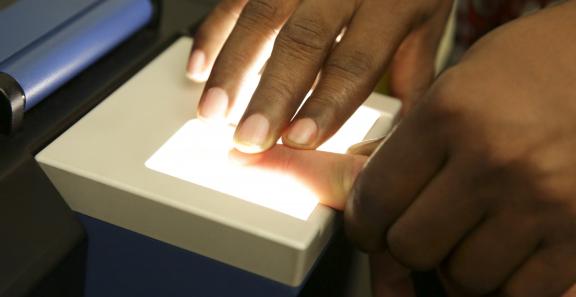Employers screen potential employees or contractors prior to offering a job for a number of reasons which include
- minimizing their liability in negligent hiring lawsuits
- wanting to verify an applicant’s credentials
- heightened security and identity-verification strategies as a result of terrorist acts
- federal and state laws requiring background checks for certain jobs (i.e. working with children, seniors or individuals with disabilities)
- requiring background checks for some government positions and contracts
- extensive investigation for security clearances
Employers may also require existing employees to submit to background checks.
Volunteers are screened for many of the same reasons as employees and potential employees. In particular, federal and state laws often require background checks for volunteers working with vulnerable populations.
Absent a legal requirement, many nonprofit organizations find background screening prudent to maintain trust and reduce liability. Organizations that operate as an affiliate of a national organization often must follow policies set by the national organization.



